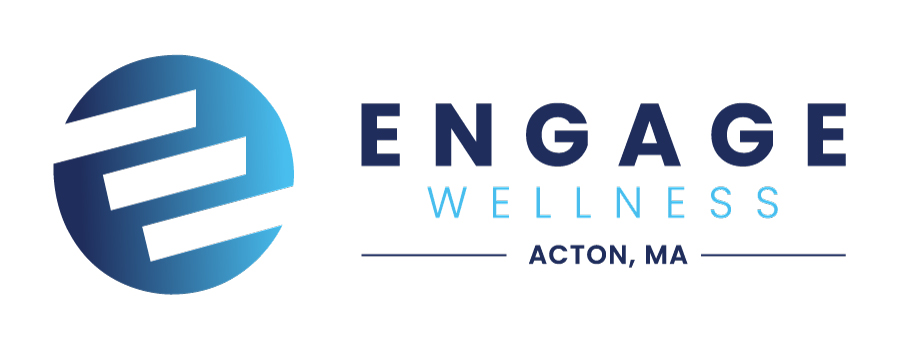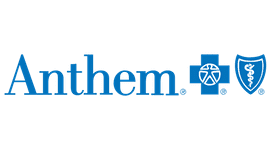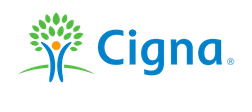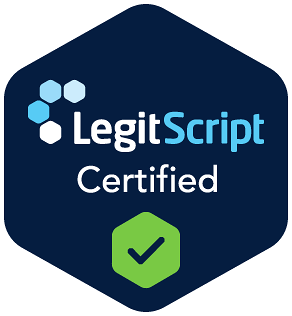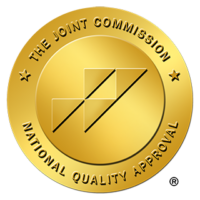Active Recovery Skills For Addiction
Relapse prevention forms a crucial part of successful, long-term recovery from substance use disorders. Understanding and preparing for potential triggers helps create a strong foundation for maintaining sobriety while developing effective coping strategies builds confidence in handling challenging situations.
Engage Wellness’s comprehensive program helps you identify personal triggers, develop practical coping strategies, and build the skills needed to maintain recovery. Through personalized support and proven techniques, we empower you to create lasting positive change and prevent relapse before it occurs.
What is a Relapse Prevention Program?
Relapse prevention programs are critical components of comprehensive addiction treatment, designed to support people in maintaining long-term sobriety.[1] These programs recognize that recovery is a complex journey, and the risk of returning to substance use remains a significant challenge for many individuals with substance use disorders.
Rather than viewing relapse as a failure, these programs approach it as a potential part of the recovery process that can be anticipated, understood, and managed.[2] They provide individuals with strategies to recognize and overcome potential triggers that might lead to substance use.
At Engage Wellness, Relapse Prevention is a structured, holistic approach that goes beyond simply avoiding substances. Their program focuses on empowering clients with long-term sobriety tools that help them identify triggers, build robust coping skills, and maintain accountability.
The program often includes ongoing support groups, follow-up check-ins, and comprehensive aftercare resources. By creating structured plans that help clients recognize potential risk factors and develop personalized strategies, Engage Wellness ensures that clients are equipped with the mental and emotional tools needed to navigate challenges in their recovery journey.
The Core Components of Relapse
Prevention Therapy
Relapse prevention therapy is a sophisticated, comprehensive approach to supporting people in maintaining long-term recovery from substance use disorders. This therapeutic strategy provides those in recovery with a proactive framework for understanding, anticipating, and managing the complex psychological and behavioral challenges that can lead to potential relapse:[3]
The Benefits of Relapse Prevention For
Substance Abuse
Relapse prevention programs provide a critical lifeline for those navigating the complex journey of addiction recovery. Offering structured, personalized support beyond initial treatment, these programs acknowledge that recovery is an ongoing process requiring continuous care, skill development, and emotional resilience.
At its core, Relapse Prevention equips clients with a comprehensive toolkit for maintaining sobriety. Participants learn to develop heightened situational awareness, cultivate self-reliance, and build critical self-management skills that extend far beyond managing substance use. These skills include emotional regulation, stress management, trigger identification, and developing healthy coping mechanisms that support long-term personal growth and healing.
Engage Wellness in Acton, MA, transforms relapse prevention from a traditional aftercare service into a dynamic, personalized recovery partnership. Our program reimagines recovery as a journey of personal transformation. Clients don’t just learn to avoid relapse – they discover the tools to rebuild their lives, reconnect with their authentic selves, and create a future defined by purpose, resilience, and hope.
What We Treat
Relapse prevention skills are a core component of your healing at Engage, allowing clients to rewrite their relationship with substances and mental health challenges. Our program empowers individuals with comprehensive strategies to recognize, understand, and navigate potential triggers, providing a robust framework for sustainable recovery.
You’ve Worked Hard To Get Here. Let’s Keep Up The Momentum.
Recovery is a deeply personal journey, and no two paths are identical. We recognize the unique complexity of each individual’s struggle and offer comprehensive, compassionate care that meets you exactly where you are. If you or a loved one are battling substance use or mental health challenges, your first step toward healing starts here. Reach out today and discover how our innovative, personalized approach can help you reclaim your life and build a future filled with hope, resilience, and possibility.
Frequently Asked Questions About Our Relapse Prevention Program
What is relapse prevention, and why is it important in addiction recovery?
Relapse prevention is a critical aspect of addiction recovery that focuses on identifying and managing relapse triggers, stressors, and high-risk situations. It involves developing coping skills, engaging in therapy sessions such as Cognitive-Behavioral Therapy (CBT), and building a strong support system to maintain long-term sobriety. A well-structured relapse prevention plan helps people in substance abuse treatment stay committed to their well-being and avoid returning to drug or alcohol use.
How does relapse prevention for substance abuse work?
Relapse prevention for substance abuse involves evidence-based strategies that help individuals recognize warning signs, manage cravings, and maintain sobriety. Treatment programs, including inpatient and outpatient treatment, provide education on relapse prevention strategies, stress management techniques, and mindfulness-based approaches. Group therapy, peer support, and participation in support groups like Alcoholics Anonymous are also key components in preventing relapse and promoting recovery.
What are some effective addiction relapse prevention strategies?
Effective addiction relapse prevention strategies include developing a personalized relapse prevention plan, practicing self-care, engaging in therapy sessions, and attending support groups. CBT and mindfulness-based techniques help individuals manage addictive behaviors and stressors. Additionally, aftercare programs, sober living environments, and strong family support play vital roles in reducing the risk of relapse and sustaining long-term recovery from drug or alcohol abuse.
How can loved ones support someone in a relapse prevention program?
Family members and loved ones can support someone in a relapse prevention program by encouraging participation in substance abuse treatment, helping them recognize relapse triggers, and fostering a healthy, stress-free environment. Offering emotional support, attending family therapy sessions, and assisting with referrals to treatment providers or healthcare professionals can also make a significant difference. A strong support system enhances recovery, promotes mental health, and reduces the chances of relapse.
